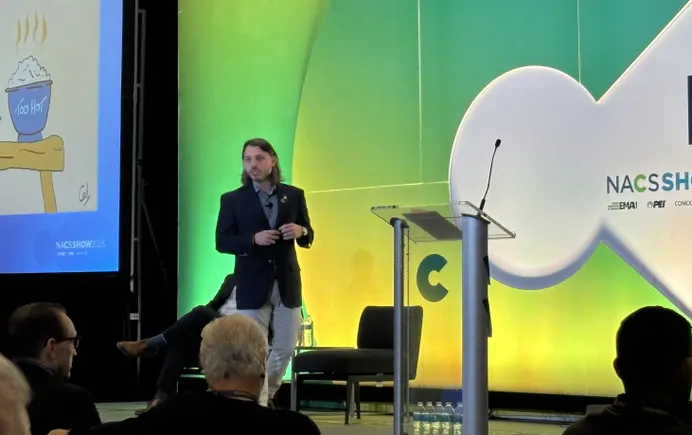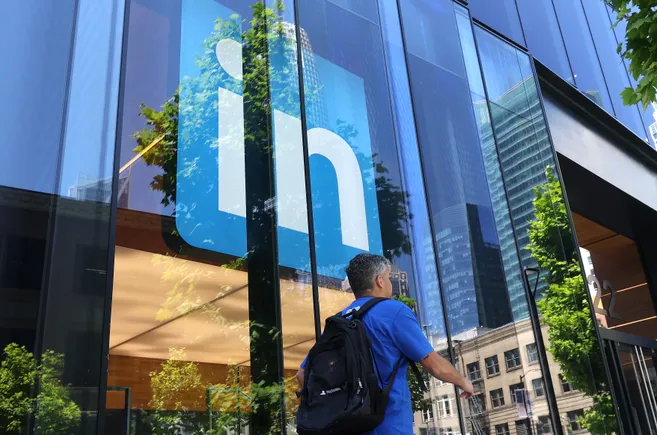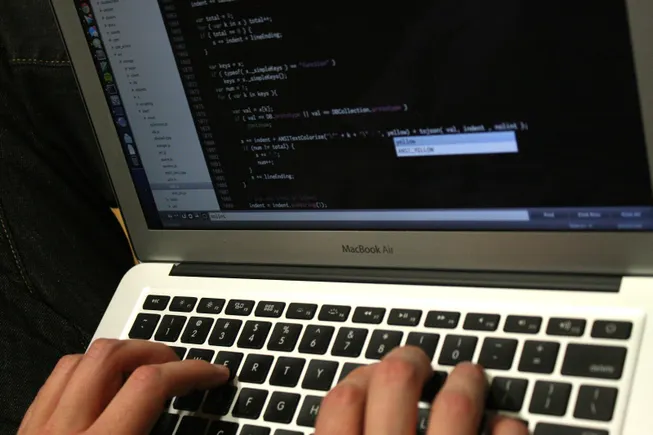Should employers treat social media use at work like giving workers a smoke break?
That is one potential angle posited by a study from the Rutgers School of Management and Labor Relations, the school announced Oct. 15.
In the wake of ubiquitous social media use, the study aimed to analyze the kind of social information consumed at work, as well as the impact of that information upon productivity and mood.
Researchers asked a total of 274 workers across two studies about the most “salient” post they had seen that day, as well as how they felt and how productive they were at their jobs. The second study included asking participants’ co-workers the same questions.
Across both surveys, the findings were strikingly similar, the report said. Attractive posts (fit pics and thirst traps, for example) and family posts (family posting about their lives) made workers feel self-assured and able to progress. Contentious content (politics and rage bait), conversely, made workers feel anxious and more likely to withdraw from colleagues.
“Some content can make you feel good and help you to lean into your work,” Rebecca Greenbaum, professor of human resource management at Rutgers and lead author of the study, said in a statement. “But if you see something contentious, and you’re wondering how it’s going to change your conversation with your mom later, or your co-worker posted something political and you really don’t agree, maybe you’re distracted by your anxiety and you pull away from co-workers today.”
Notably, accomplished posts — posts featuring people’s promotions — prompted more complex reactions. Competitive people tended to view such as encouragement to “take on the world,” Greenbaum said, while those who were not might feel more withdrawn in response.
What can employers do in the meanwhile? Leaders can instruct workers to limit their engagement in specific ways. One way could be to designate actual social media break time not unlike a smoke break, researchers suggested.
“If an important project is looming, it might be a good idea to ask employees to temporarily avoid or minimize their social media use,” Greenbaum said. “Leaders can explain that the project requires full mental presence, so it might be too risky to engage with the volatility of social media and its potential to hijack one’s attention.”






Leave a Reply